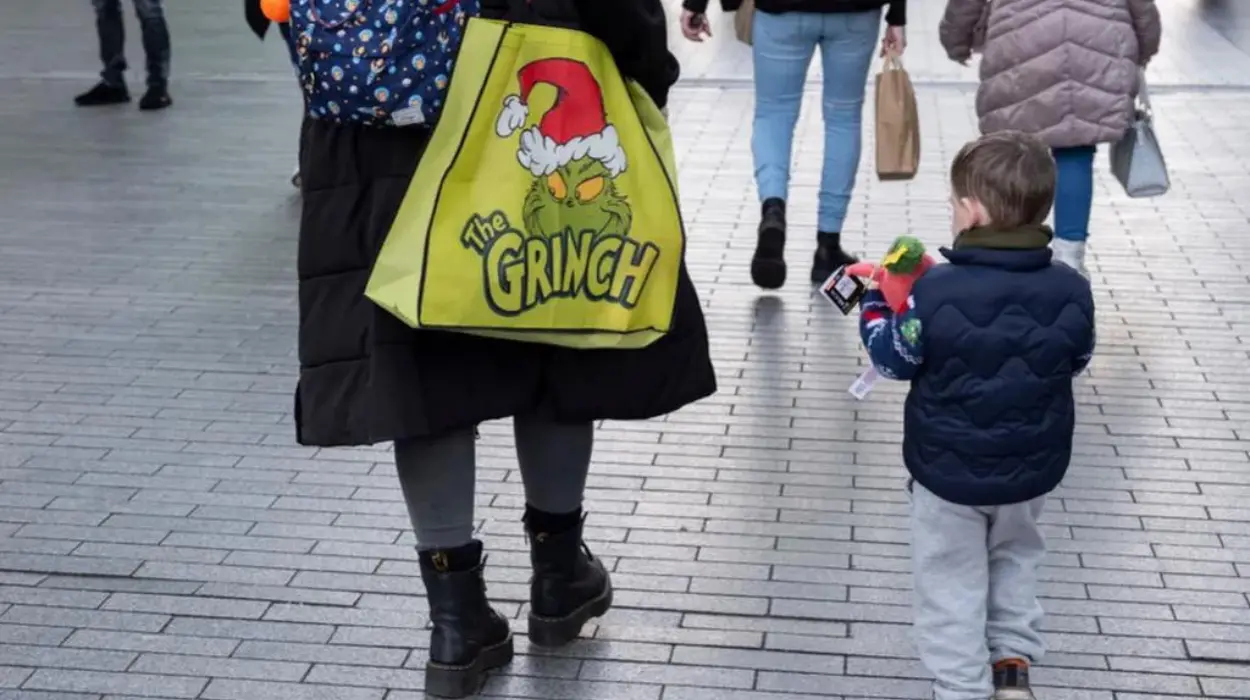Retail sales volumes in the UK plummeted by 3.2% in December, marking the steepest decline since the country was in a Covid lockdown. Official figures from the Office for National Statistics (ONS) revealed a significant drop in demand for goods, including a 3.9% decline in non-food products, with department stores being the hardest hit. This comes in stark contrast to November, when non-food sales rose by 2.7%.
Food sales also saw a decrease, falling 3.1% in December, following a 1.1% increase the previous month. The ONS attributed the drop in December’s retail sales partly to consumers shopping earlier in November during Black Friday sales. This early shopping trend, combined with fewer large family gatherings and consumers cutting back on items like toys, sports equipment, and jewelry, contributed to the overall decline in sales.
Lisa Hooker from PwC noted that while several categories suffered, fashion was “one of the least affected.” Despite the fall in retail sales, some sectors, like fashion chain Next and wine outlet Majestic, reported strong sales during the Christmas period. However, rising prices over the past year have bolstered these figures, masking the underlying decline in sales volumes.
John Colley, chairman and chief executive of Majestic, highlighted that consumers were still feeling the effects of inflation, suggesting that the economic challenges were far from over.
The British Retail Consortium has predicted a “challenging” year ahead for the sector as household budgets continue to be squeezed by high living costs. The unexpected drop in December’s sales raises concerns that the UK might have ended 2023 in a “mild recession,” with the economy already showing signs of contraction earlier in the year.
Although inflation has fallen since its peak in October 2022, it slightly increased to 4% in December, contrary to expectations. This rise in inflation may delay potential interest rate cuts by the Bank of England, which are currently expected no earlier than June.


